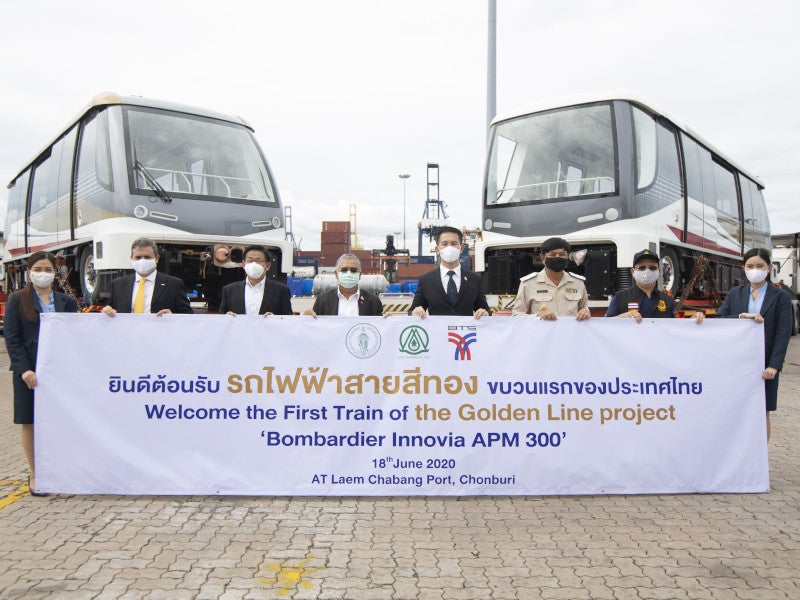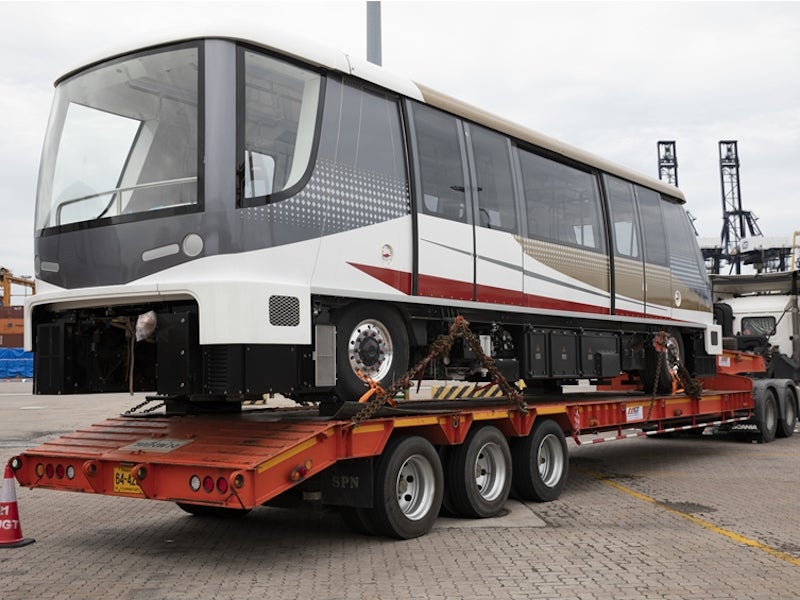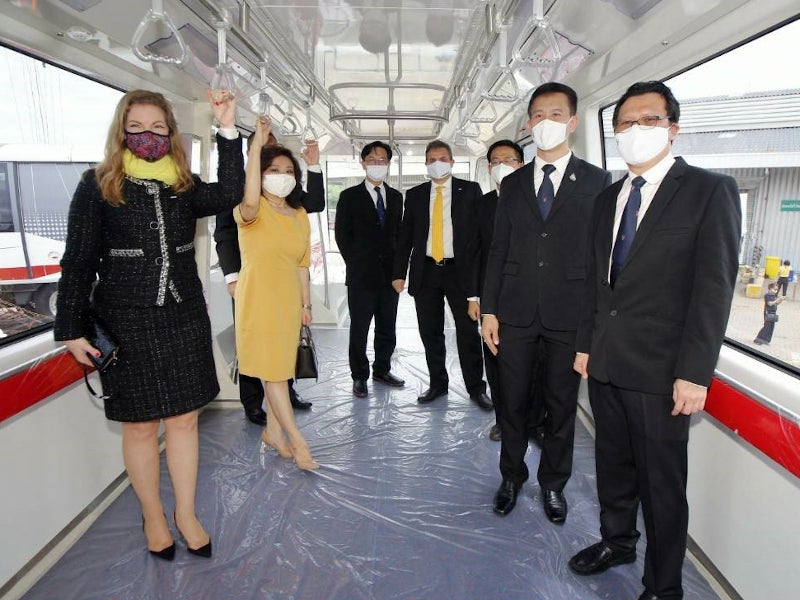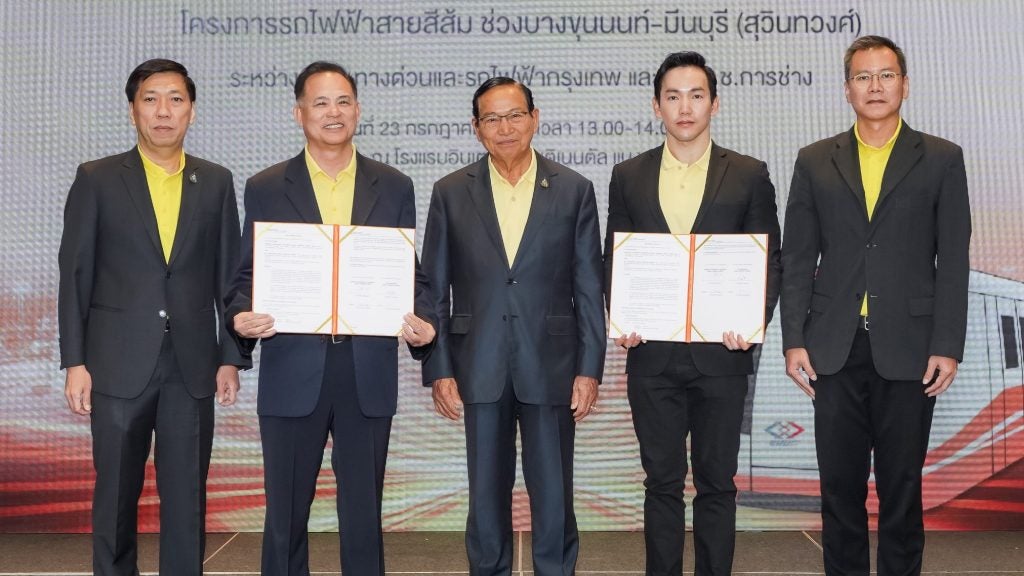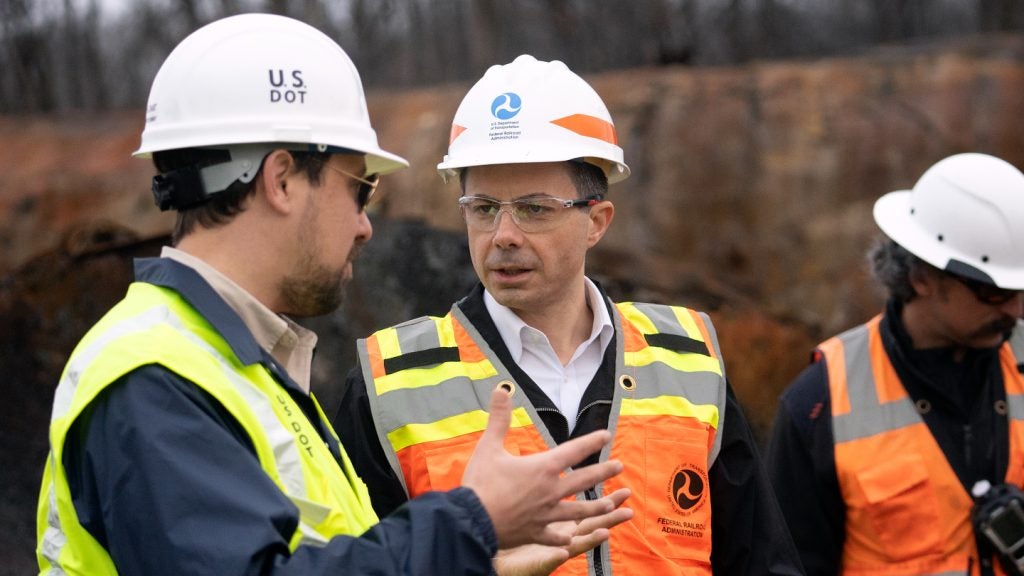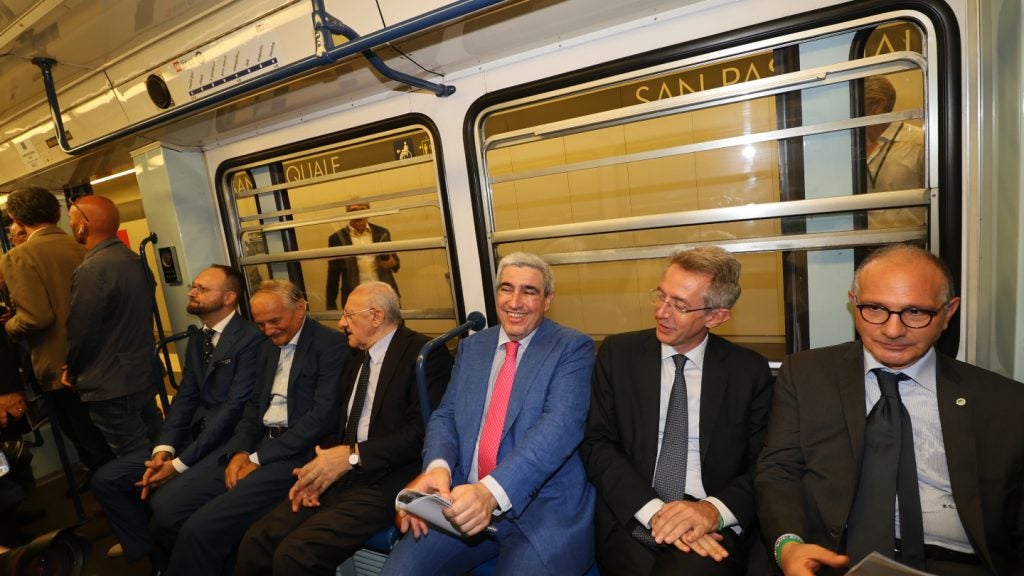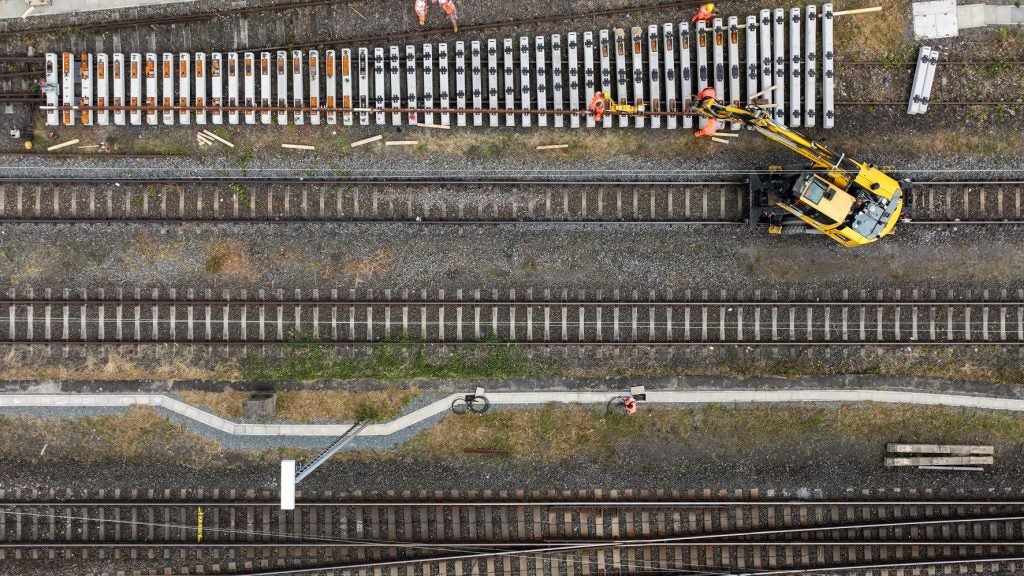The Gold Line is an automated mass transit system (MRT) being developed in Bangkok, Thailand. It is the first driverless transit line in the country and will serve as a secondary mass transportation system to link different modes of public transport.
The project is owned by Krungthep Thanakom on behalf of the Bangkok Metropolitan Administration. It will be operated by Bangkok Mass Transit System (BTSC) under a 30-year concession contract.
First proposed in July 2015, the line was approved by the Thailand Cabinet in 2016 and construction commenced in August 2018. It has a total length of 2.8km and is being developed in two phases.
The first two stations of phase one are set to open in October 2020 while the entire phase is expected to be completed in December 2020. The second phase is scheduled to open in 2023.
The line will perform 42,260 passenger journeys per day during the first year of service. It will run along the Chao Phraya River to tourist attractions and important locations such as Icon Siam shopping mall and Long 1919 making them accessible to passengers and tourists. The line will improve connectivity and boost the post-Covid-19 economy.
Gold Line design and features
The Gold Line is the first MRT in Thailand to utilise automatic guideway transit system. The design enables limited space to be used for construction, while featuring smaller columns than traditional rail systems. Further, the system runs on rubber wheels making it a quieter operation compared to traditional trains.
The automated transit system will add a new rail connection to serve the people travelling in the Thonburi city, which is emerging into a new potential business district. It will link the Krung Thonburi and Prajadhipok road stations and allow integration with the existing Skytrain in the city.
The line will also connect with the Red Line MRT, the Purple Line MRT and the Hua Lamphong-Bang Bon section of the Dark Red Line in the future. It will act as a feeder link connecting the Green Line MRT at the Krung Thon Buri Station and the Khlong San region bus services.
Routes and stations
The first phase of the Gold Line will be 1.7km long and comprise of three stations, Krung Thonburi (GN1), Charoen Nakhon (GN2), and Khlong San (GN3).
The second phase of the line will run along Somdet Chao Phraya Road and add a fourth station at Phrajahipok road to connect with the Purple Line.
Rolling stock for Gold Line
The Gold Line will use Bombardier INNOVIA Automated People Move (APM) 300 two-car electric train vehicles. Phase one of the line will operate two serviced trains and have one spare train.
The first state-of-the-art automated INNOVIA APM 300 vehicle was delivered in June 2020. The remaining two trains are expected to be delivered by August 2020.
The trains can operate at a maximum operating speed of 80km/h. They can carry 138 passengers per bogie, 276 passengers per train, and 4,200 passengers per hour per direction.
Each train car has a width of 2.8m, a length of 12.75m, a height of 3.5m and weighs 16,300kg. The doors of the train cars are 1.9m wide.
The train features three sets of trains, a variety of wayside systems, and Bombardier’s CITYFLO 650 integrated rail control for automatic operation.
The INNOVIA APM rail system is designed and delivered by Bombardier’s Engineering Centre in Bangkok. The trains are manufactured by the Bombardier JV Puzhen Bombardier Transportation Systems in the province of Anhui, China.
Contractors involved
AMR Asia was appointed as the system integrator responsible for the design of the Gold Line.
Teltronic, a telecommunication solutions provider, was contracted in May 2020 by AMR Asia to provide critical communications services for the project. The company will provide its TETRA radio communication system under the contract.

